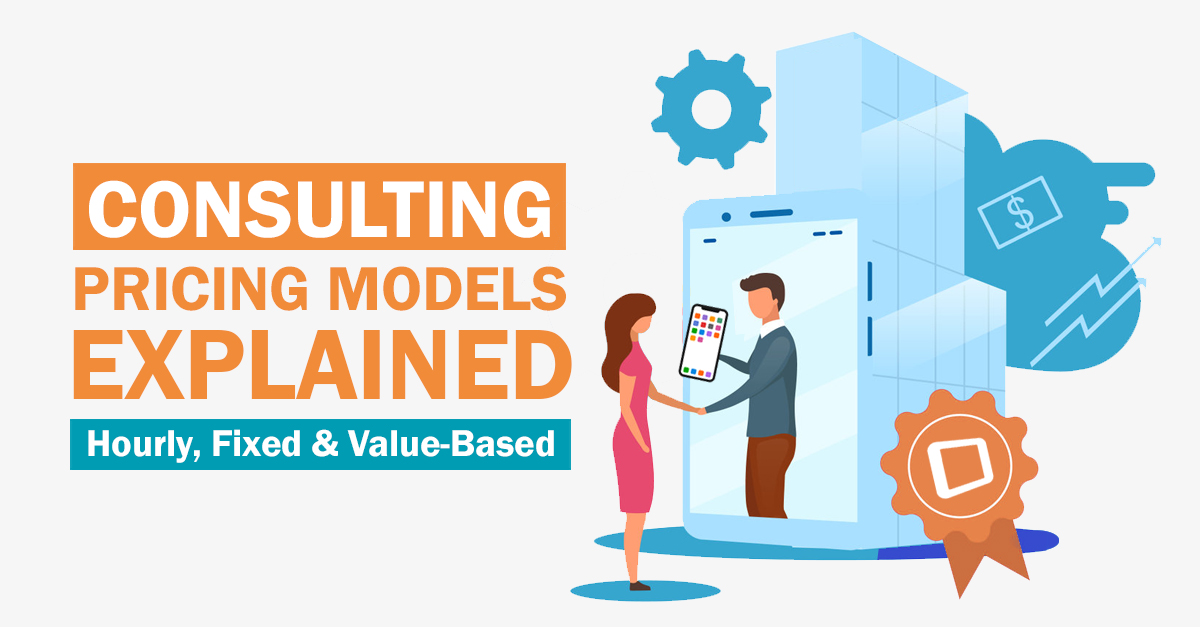
Your services can be charged a consultation charge. When you have a client list, you can increase your rates to reflect your expertise, portfolio, and your value. There are two options to structure your fees. A fixed fee or a percentage. Free consultations should be avoided. In most cases, free consultations lead to wasted time and expense.
Charge a consultation fee
While it might seem counterintuitive to charge a consultation fee for your services, it actually increases your closing rate by as much as 17%. It also shows you care about cosmetic procedures. It makes potential clients more invested in your work, and they are more likely spend more time researching you.
Before you begin charging a consultation fee for your services, it is important to consider your clients' needs. What price can you charge them? It depends on how experienced you are, but you can establish a fee that reflects the cost of your services. A credit can be offered on the first invoice equal to your fee. This applies only to clients who decide to retain you.
Avoid free consultations
Free consultations are a great way for prospects to express interest in your products or services. Before signing up, however, ensure that you know how long the consultation will last and have prepared a roadmap of topics you plan to discuss. This will ensure that distractions are minimal and you can move easily from one topic or another. The next step after you have established the scope of the consultation is closing the deal.

In order to be successful, your consultation should include a call, a clear step next, and regular follow up. These steps will ensure that your consultation is a success and not a waste. You should also make sure that your free consultations are targeted so they lead to a purchase or sign-up.
You can charge a percentage of the revenue from the project
Many consulting firms charge clients a percentage from the project's revenues. This is to make sure that clients are happy with the prices they pay and they are fairly compensated. Consider the type of work you do as well as the client's requirements before deciding on a consulting fee structure.
Many consulting services involve meeting with clients and calling them. You also have the option to charge per hour. While this approach has its benefits, it can also penalize those who are more efficient and quicker.
Permission to charge a flat fee
Before setting a consultation fee, there are several factors you should consider. While some clients prefer to have a fixed price for consultations, others might not know where to start. The most important thing to do is ensure that you are charging fair prices. Remember, each client's needs, processes, and expectations are different, and you can't assume that they'll all be in agreement. This means that you need to do your research and be ready with a list if possible fees.
Consultation fees should reflect your value. A high fee will be difficult for a new consultant to convince clients to spend more money. A flexible fee structure will give you a competitive edge, and help you reach a wider audience.

Charge a flat fee based on performance
Consulting fees can be charged by a flat fee that is based on the performance. This structure is used by most consulting firms. In this model, the consultant evaluates the work that needs to be done and staffs a small team. The total fee reflects the cost of providing the work. The team is encouraged to provide quality work even when their workload exceeds what is initially anticipated. This model is most effective for projects that have clear requirements and a defined duration.
This pricing structure is a great benefit because it provides fair compensation for consultants and speeds up the payment process. However, there are some important things to remember before you decide on a flat fee based upon performance for consulting fees.
FAQ
Can I get a degree as a consultant?
It is best to study a subject well and then practice what you have learned.
So if you want to learn how to become a great consultant, start studying now!
Employers may be reluctant to hire people with a degree, but not the relevant experience. But, if your qualifications are comparable to those who have been hired, you might still be eligible to apply.
Employers are always looking for people with real-world knowledge.
Are consulting incomes subject to tax?
Yes, you must pay tax on the consultancy profits. The amount of your earnings per year will determine the tax payable.
You can also claim expenses if you are self-employed. This includes rent, childcare, food, and transportation.
However, you cannot deduct interest payments from loans, vehicle repairs, or the cost for equipment.
If you earn less than PS10,000 per year, 25% can be claimed back.
You might be taxed even if you make more than the threshold depending on whether your income is contractor or employee.
Employers are taxed via PAYE (pay as your earn), and contractors through VAT.
What jobs are available as consultants?
Consultant work requires a deep understanding of business strategy, operations, and other aspects. You must also understand how businesses operate and how they fit into society.
Being a consultant requires great communication skills and the ability think critically.
Because consultants may be required to perform different tasks at different times, they must be flexible. They must be able and willing to adapt quickly to changes in direction.
They should be willing to travel extensively on behalf of their clients. This type of work can take you all around the globe.
They need to be able and able to manage pressure and stress. Consultants may need to meet strict deadlines.
As a consultant, you may be expected to work long hours. This could mean that overtime may not always be paid.
Statistics
- On average, your program increases the sales team's performance by 33%. (consultingsuccess.com)
- WHY choose me: Why your ideal client should choose you (ex: 10 years of experience and 6-week program has helped over 20 clients boost their sales by an average of 33% in 6 months). (consultingsuccess.com)
- 67% of consultants start their consulting businesses after quitting their jobs, while 33% start while they're still at their jobs. (consultingsuccess.com)
- Over 50% of consultants get their first consulting client through a referral from their network. (consultingsuccess.com)
- My 10 years of experience and 6-step program have helped over 20 clients boost their sales by an average of 33% in 6 months. (consultingsuccess.com)
External Links
How To
What does a typical consultant's day look like?
Each type of work will dictate the day's pace. You will be spending time researching, planning new ideas, meeting with clients, and creating reports.
You will have many meetings where clients and you can discuss their issues. These meetings can be conducted over the phone, by email, face-to-face, or online.
Also, proposals are documents that outline your ideas or plans for clients. These proposals should be discussed with a mentor or colleague before being presented to clients.
After all the preparation, you'll need to start creating content. This could include writing articles, designing websites or editing photos.
Based on the scope and complexity of the project you may need research to obtain relevant statistics. You might need to determine how many customers you have, and whether they buy more than one product.
Once you have collected enough information, it's now time to present the findings to your clients. You can either present your findings in writing or orally.
After your initial consultation, you should follow up with your clients. For example, you might call them periodically to see how things are going or send emails asking them to confirm that they received your proposal.
Although it takes time, this process is worth it. It's also important to keep your eyes on the prize and maintain good relations with clients.